(Photo Credit Fletcher/Calcetas)
Written by Daniella Litvak
In the year 1912 a play by George Bernard Shaw called Pygmalion made its debut. Nearly fifty years later Alan Jay Lerner and Frederick Loewe adapted Pygmalion into the musical My Fair Lady, which starring Julie Andrews and Rex Harrison. Then in 1964 came the cinematic version with Rex Harrison and Audrey Hepburn. Whether you are more familiar with the stage or screen version, My Fair Lady is a highly acclaimed classic.
It is early twentieth century Britain. Prof. Henry Higgins (Chris Caputo) is a specialist of phonetics who uses his brilliance as an excuse to be arrogant, sexist and snobbish. He boasts he can transform an uncouth, Cockney flower girl into a lady in time for the Embassy Ball. The flower girl in question, Eliza Doolittle (Jena Slipp) sees this as her opportunity to rise up from the gutter and takes Higgins at his word. What ensues is the speech training from hell and the formation of an unexpected relationship between Henry and Eliza.
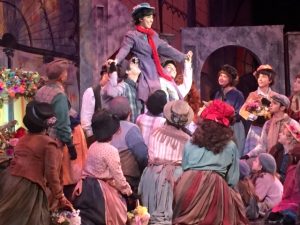
Photo Credit Fletcher/Calcetas
The transform-Eliza-from-a-guttersnipe-to-a-lady plot line is probably what most people associate with My Fair Lady. It is the driving force behind many of the show’s most iconic scenes such as the Ascot Horse Race and Embassy Ball sequences. Without the subject of Eliza’s change My Fair Lady would not be My Fair Lady. However, it is the two leads’ relationship that is the more dramatic and ultimately interesting part of the story.
Analyzing the Eliza-Henry relationship can be as slippery as the relationship itself. Shaw was famously against the two becoming romantically involved. Many disagree with Shaw, but the question of whether romance between the two is a good thing remains. My hesitation to saying “yes” stems from a couple of things. First of all, many of the more positive moments are told rather than shown. Secondly, while one character’s motives for liking the other become clearer, for the other the basis of the attraction is still somewhat mystifying. This is admittedly pretty subjective, and the show allows everyone to draw their own conclusions about the subject.
There are plenty of reasons to like My Fair Lady. The characters are interesting. The dialogue is amusing. The cast and crew of Rose Center Theater do a great job of keeping the audience engaged and laughing while the actions transpires. And then of course, there are the songs. It is true-nearly every single one of them is incredibly catchy and will have you humming during the car ride home.
It helps that the singing here is terrific. The vocals are clear, powerful and affecting. Johnny Fletcher and Dale Jones, who play the supporting roles of Freddy Eynsford Hill and Alfred P. Doolittle, are able to develop their characters while giving show stopping performances. Truly, every person onstage delivers in the singing department, and the dancing (choreographed by Diane Makes and Jennifer Simpson-Matthews) is also well executed.
As the leads that carry the show, Caputo and Slipp are great both together and apart. Scenes centering on their relationship work in large part because of their talent, and their charm does help smooth some of the romance’s rough edges.
Sidenote: While attending the performance, I did notice a child in the audience, and the cast includes a Children’s Ensemble. However, evening performances start at 7:30 pm, and on the night I went the show ended at around 10:44 pm (fifteen minute intermission included). Also a swear word becomes a plot point, and there is some suggestive language. So the decision to bring children to see it is best left to the discretion of their guardians.
Feb. 17 – March 5 2017
Great Show
- Photo Credit Fletcher/Calcetas
- Photo Credit Fletcher/Calcetas
- Photo Credit Fletcher/Calcetas
- Photo Credit Fletcher/Calcetas
- Photo Credit Fletcher/Calcetas
- Photo Credit Fletcher/Calcetas
- Photo Credit Fletcher/Calcetas
- Photo Credit Fletcher/Calcetas
- Photo Credit Fletcher/Calcetas
- Photo Credit Fletcher/Calcetas
- Photo Credit Fletcher/Calcetas
- Photo Credit Fletcher/Calcetas
- Photo Credit Fletcher/Calcetas
- Photo Credit Fletcher/Calcetas
- Photo Credit Fletcher/Calcetas
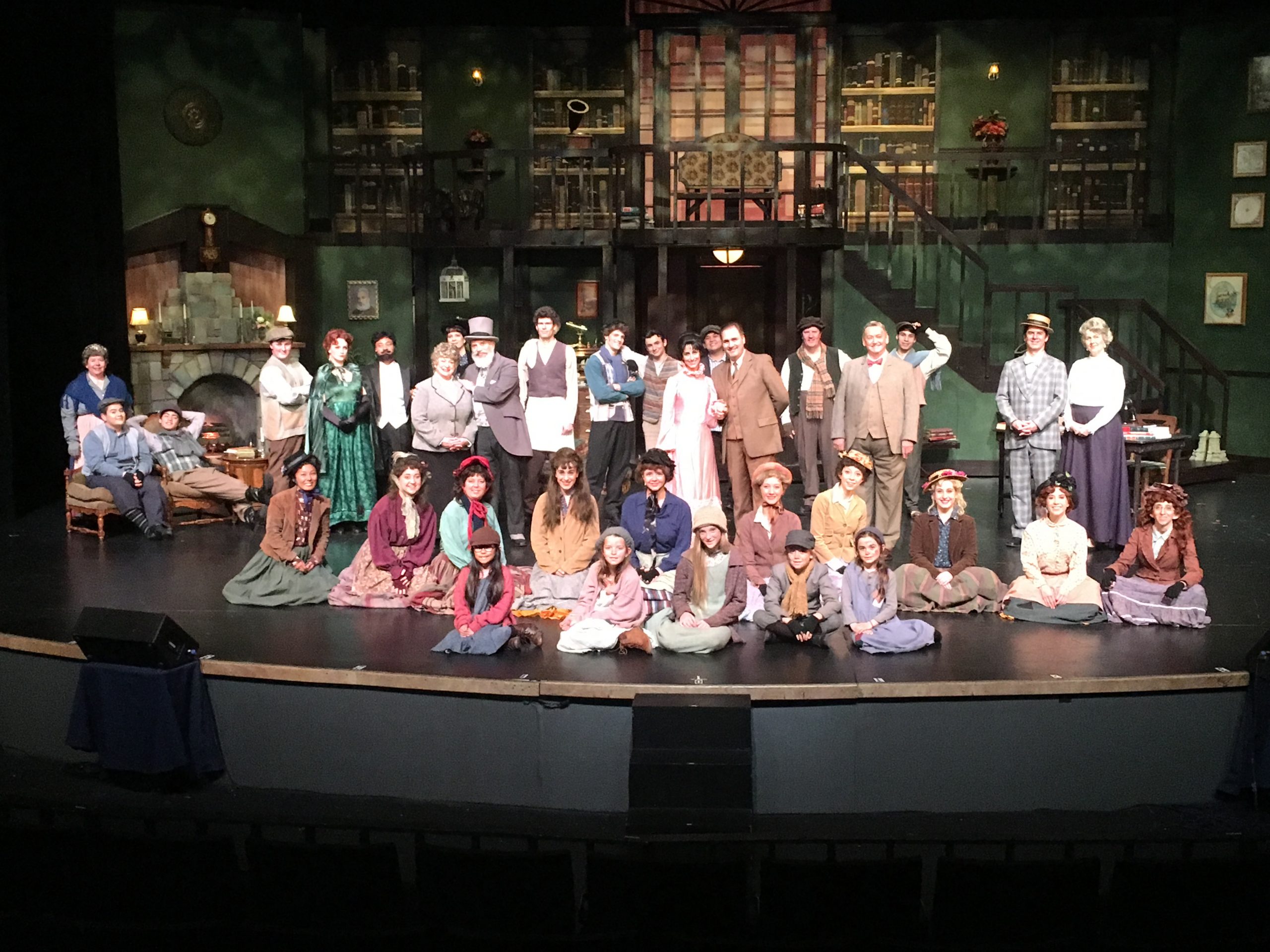

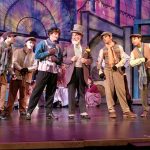
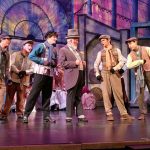
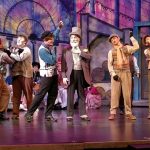
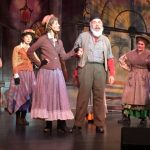
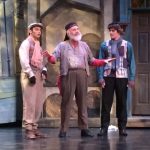
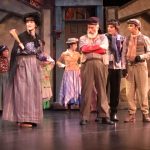
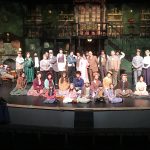
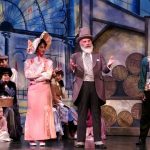
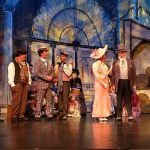
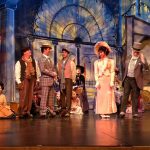
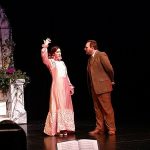
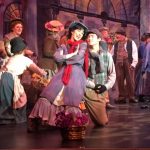
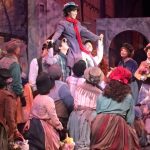
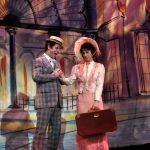
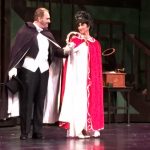
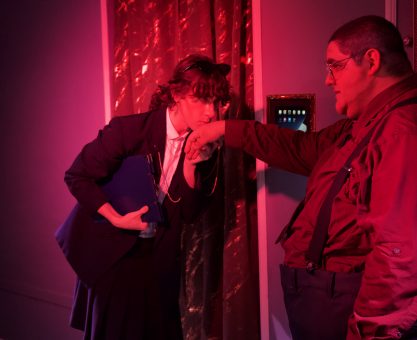
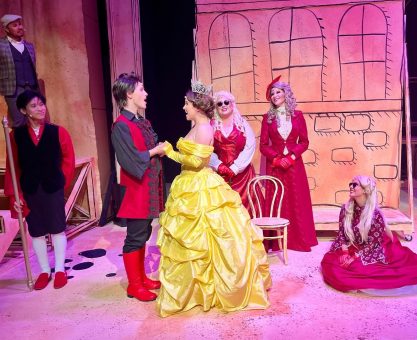
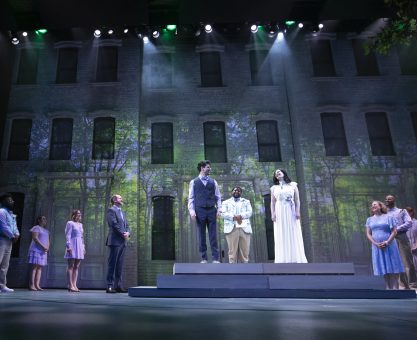
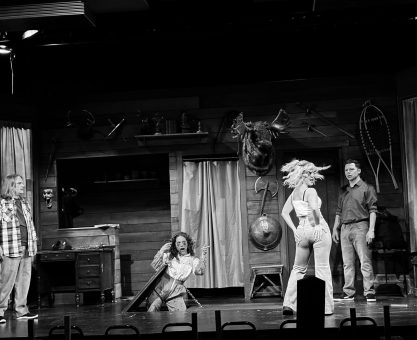
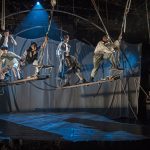
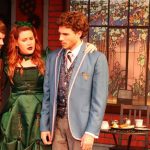
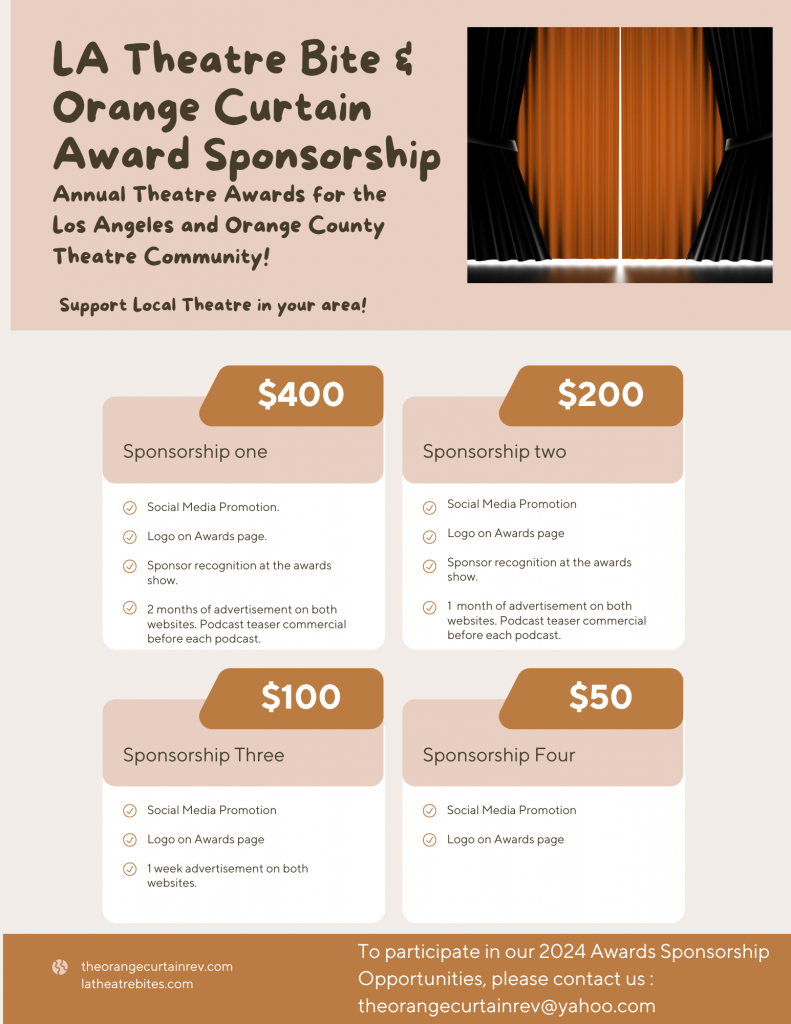


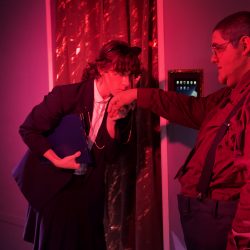
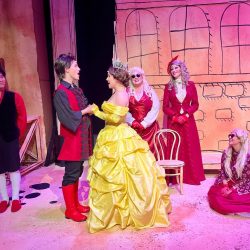
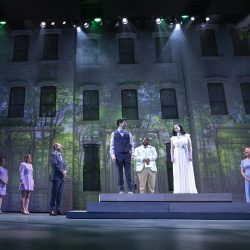
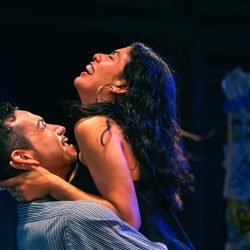
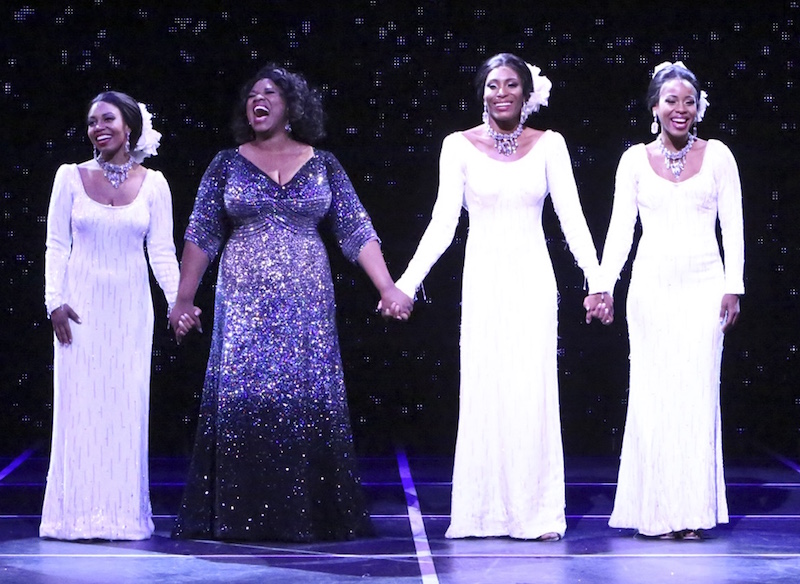
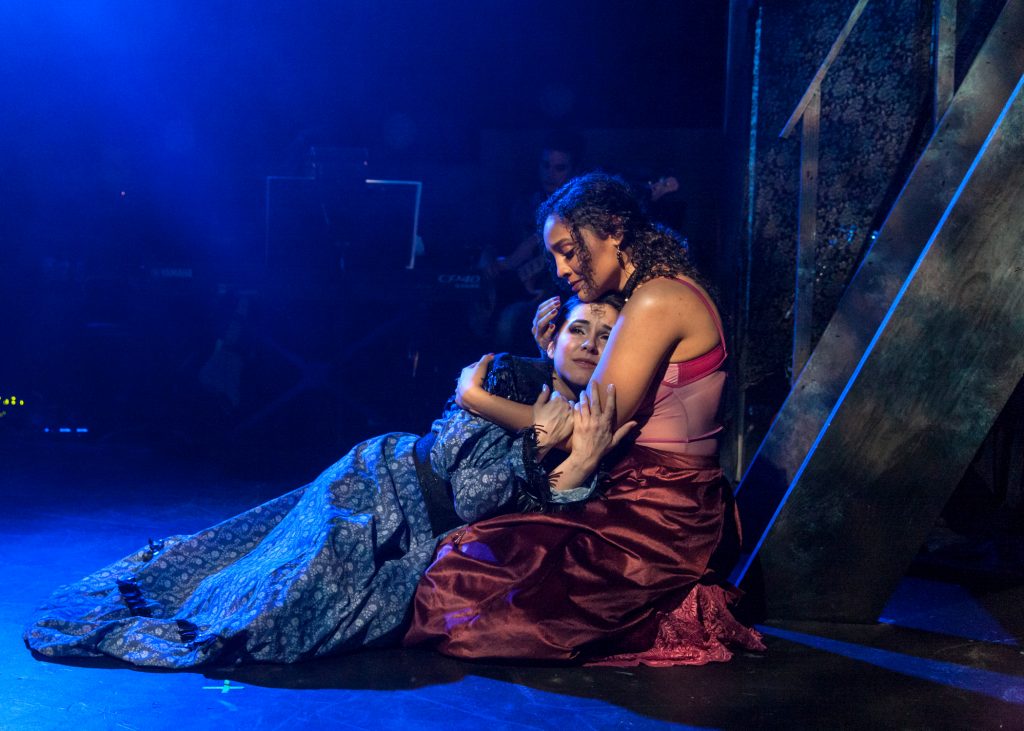
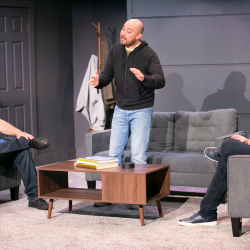

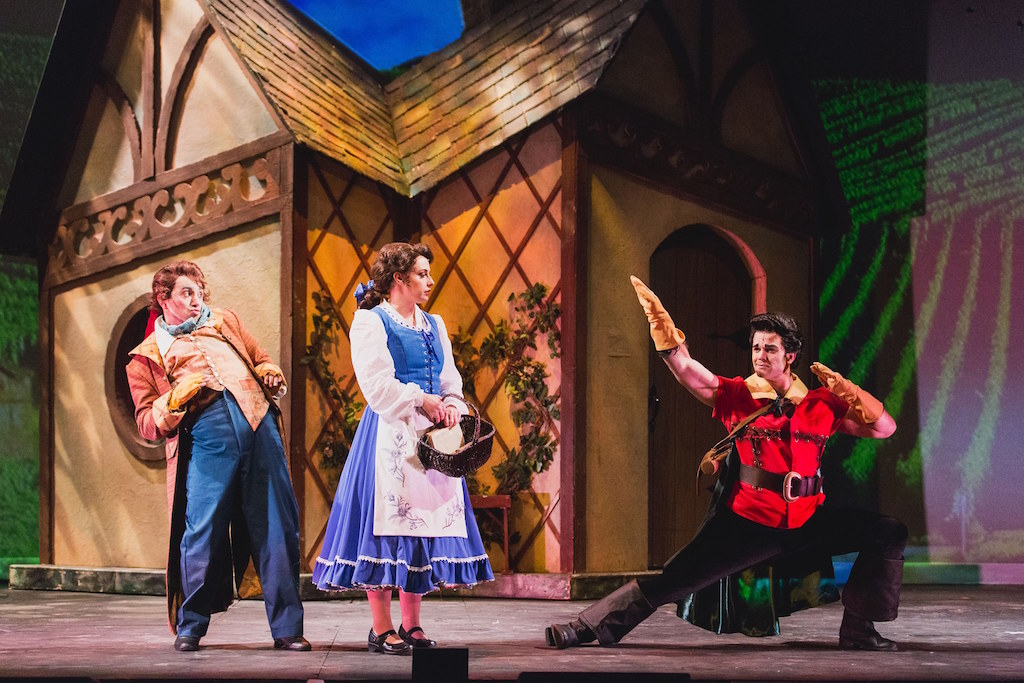
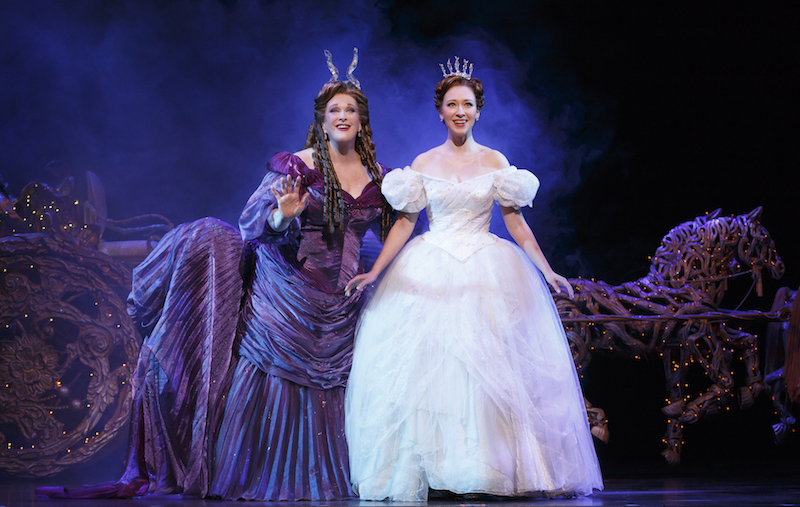
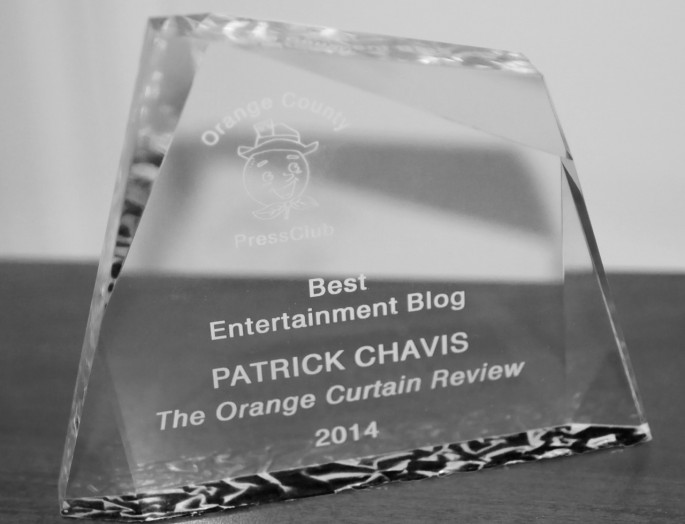
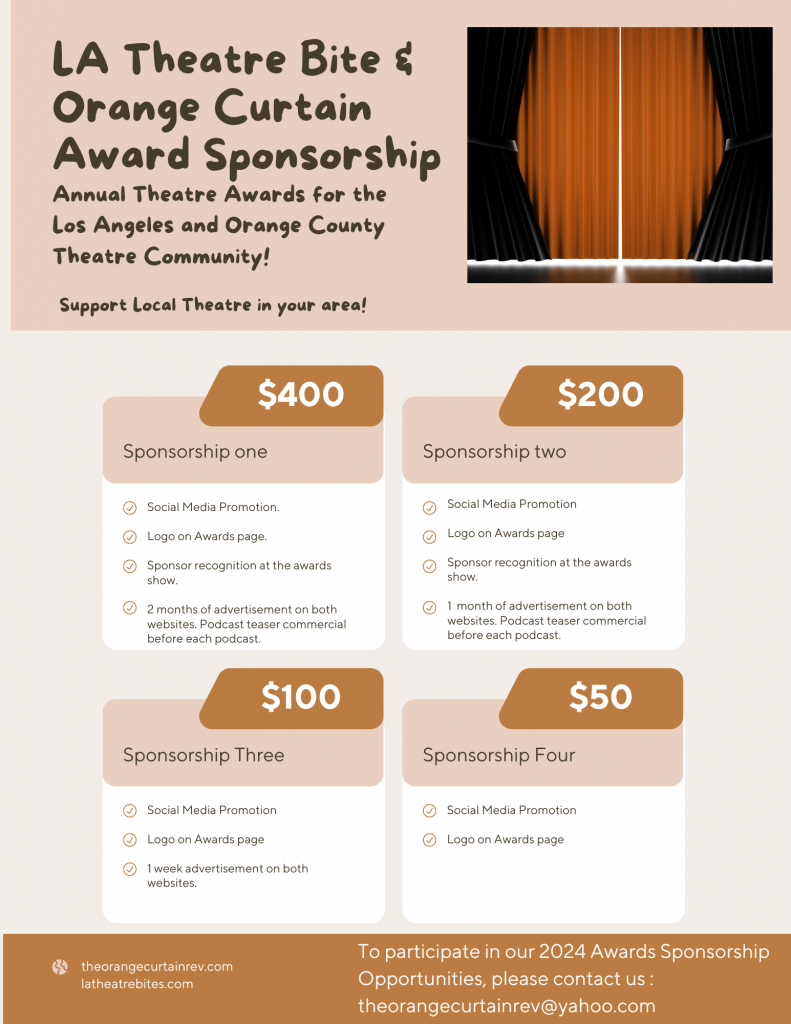



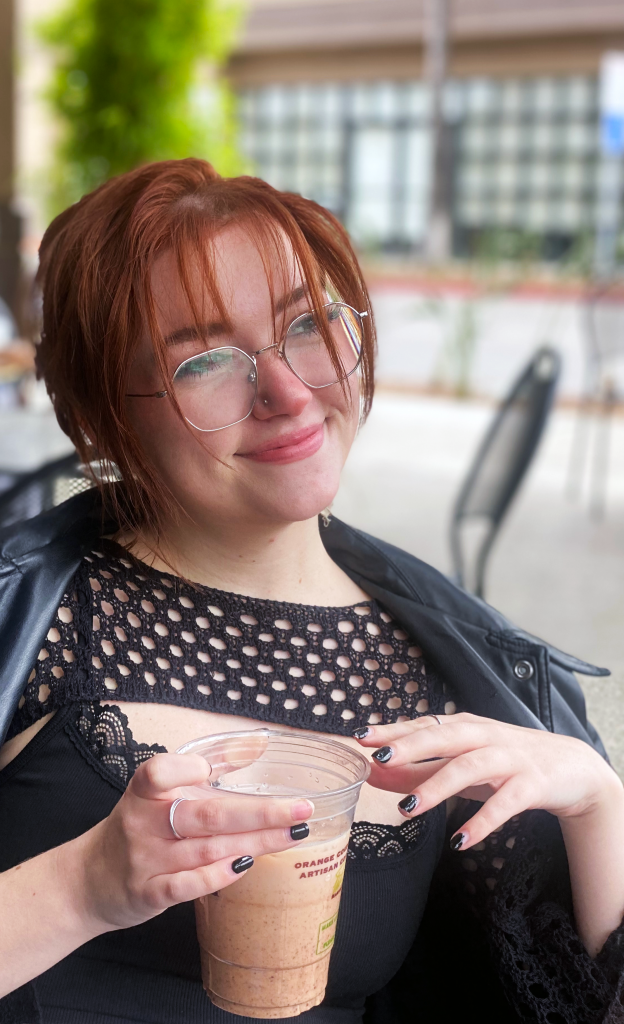
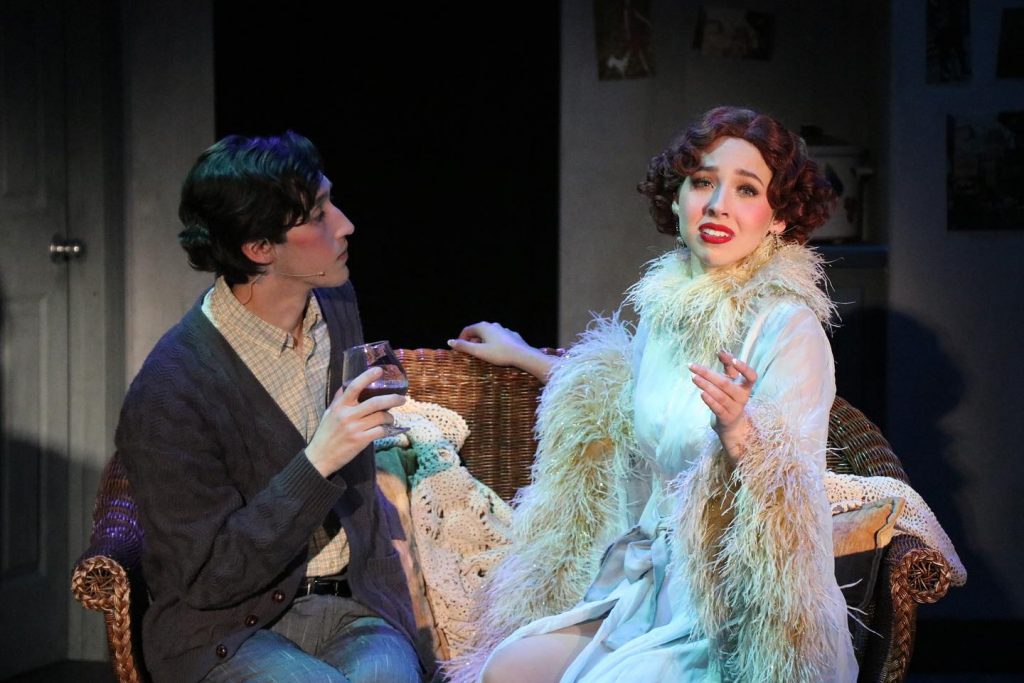
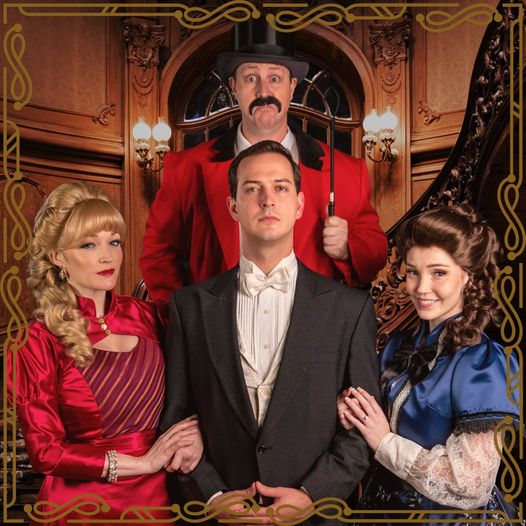
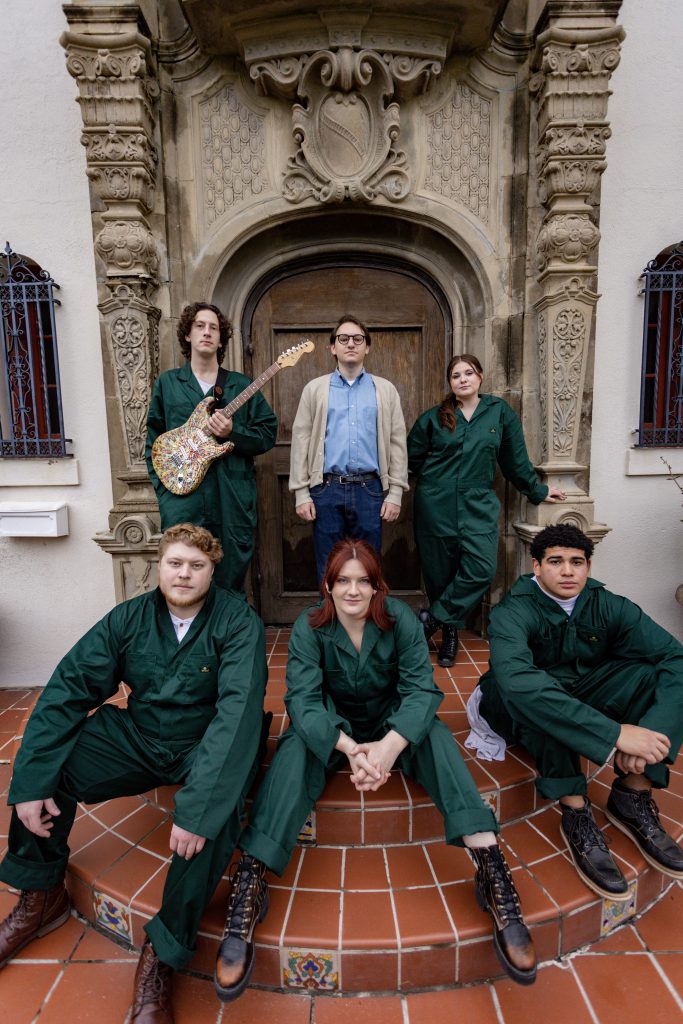
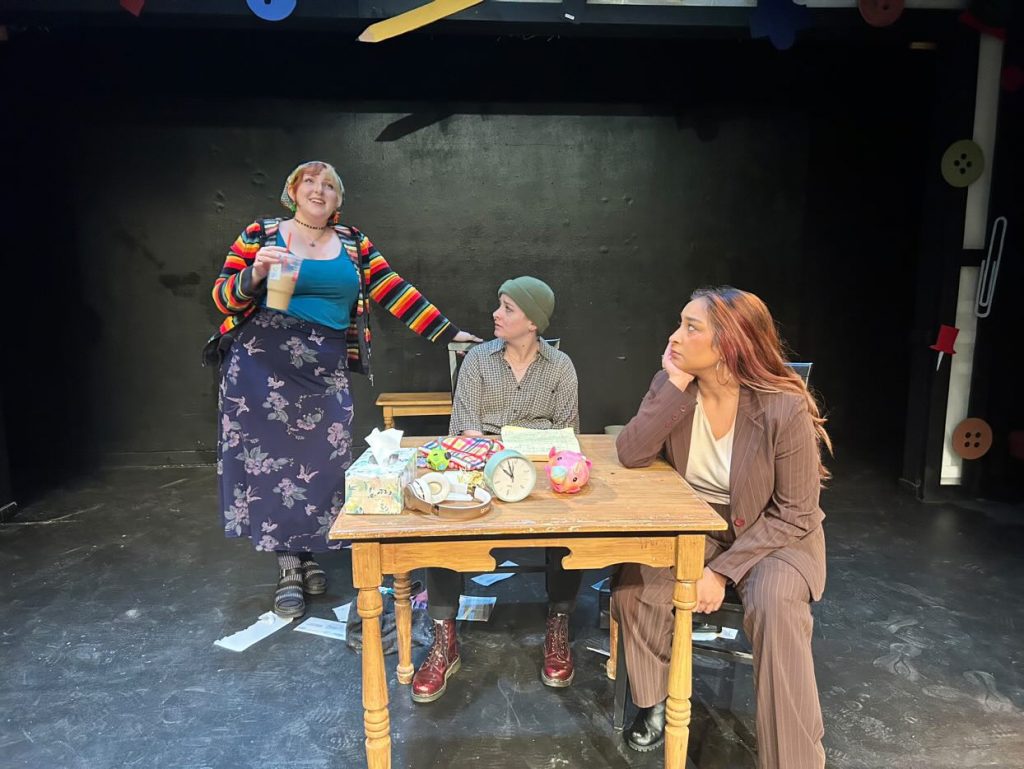
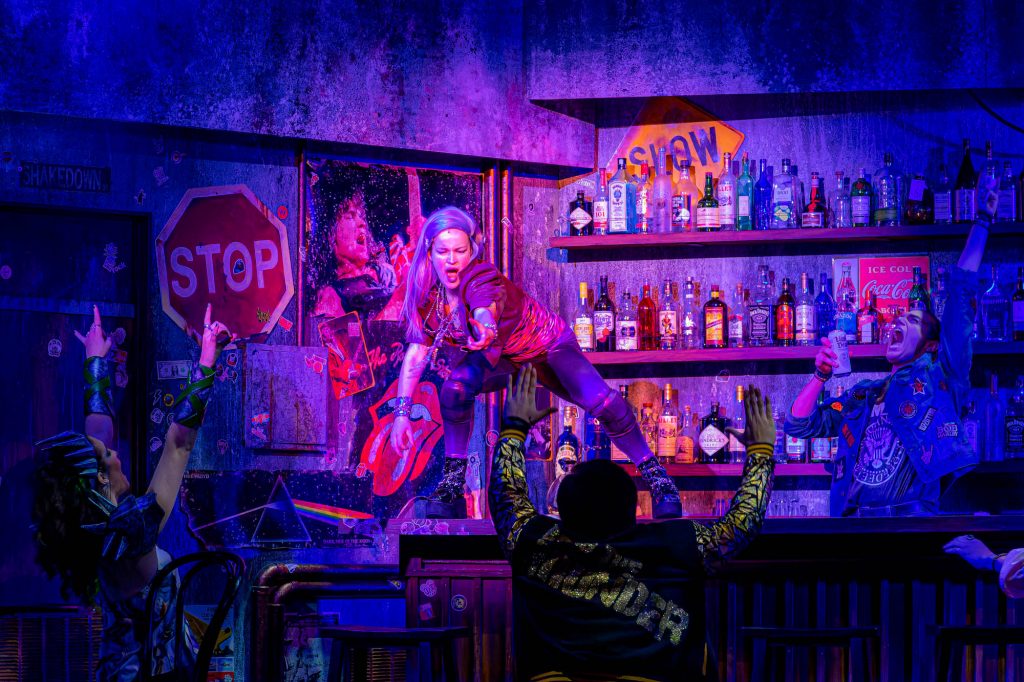
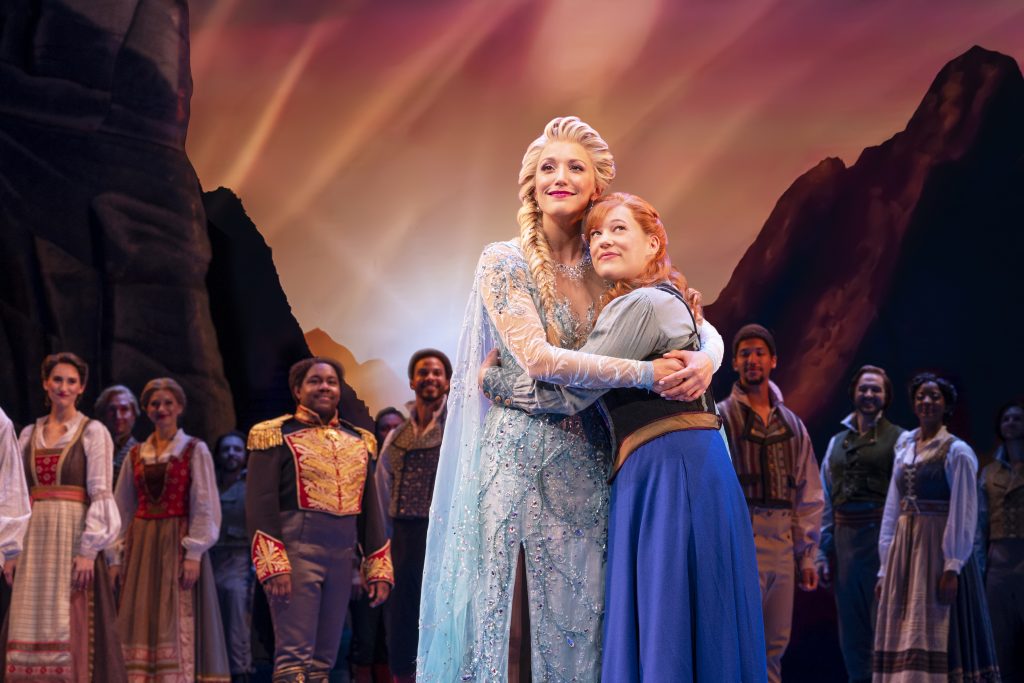
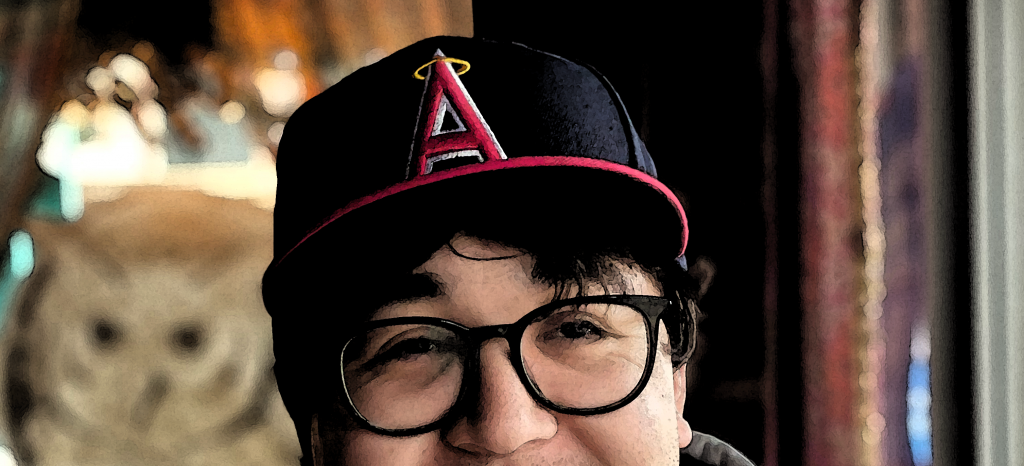
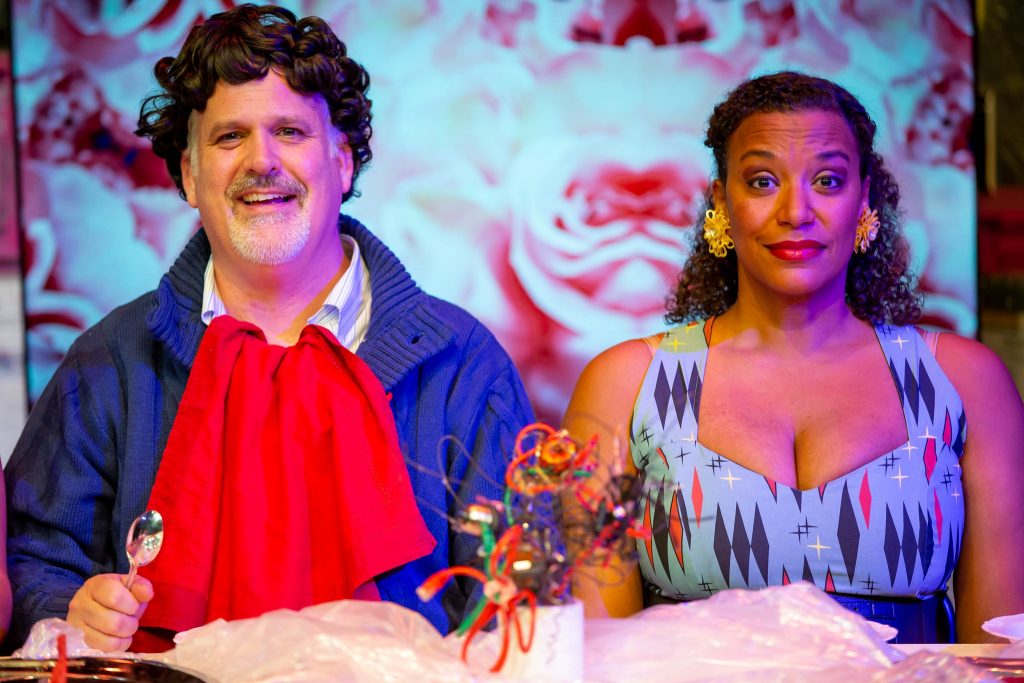

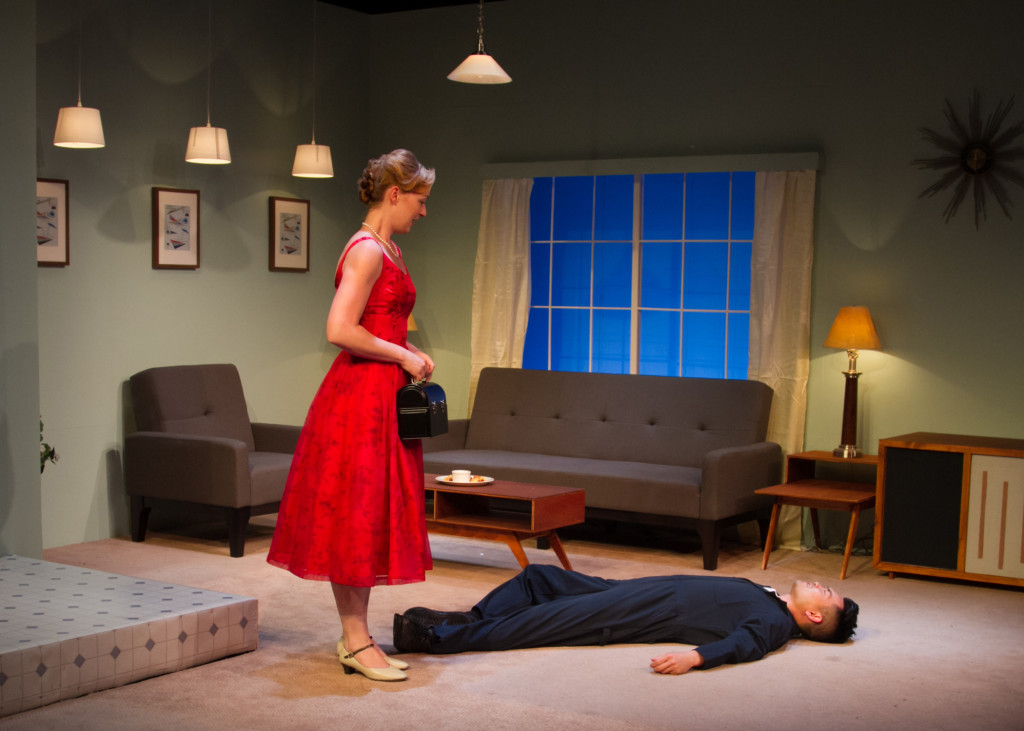
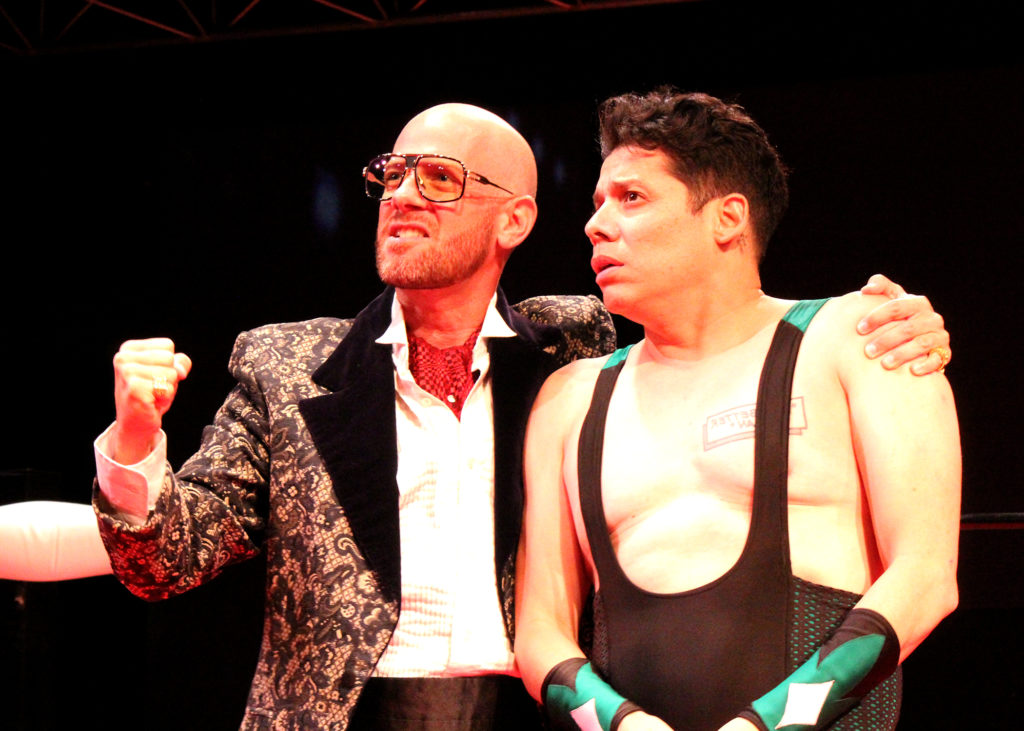
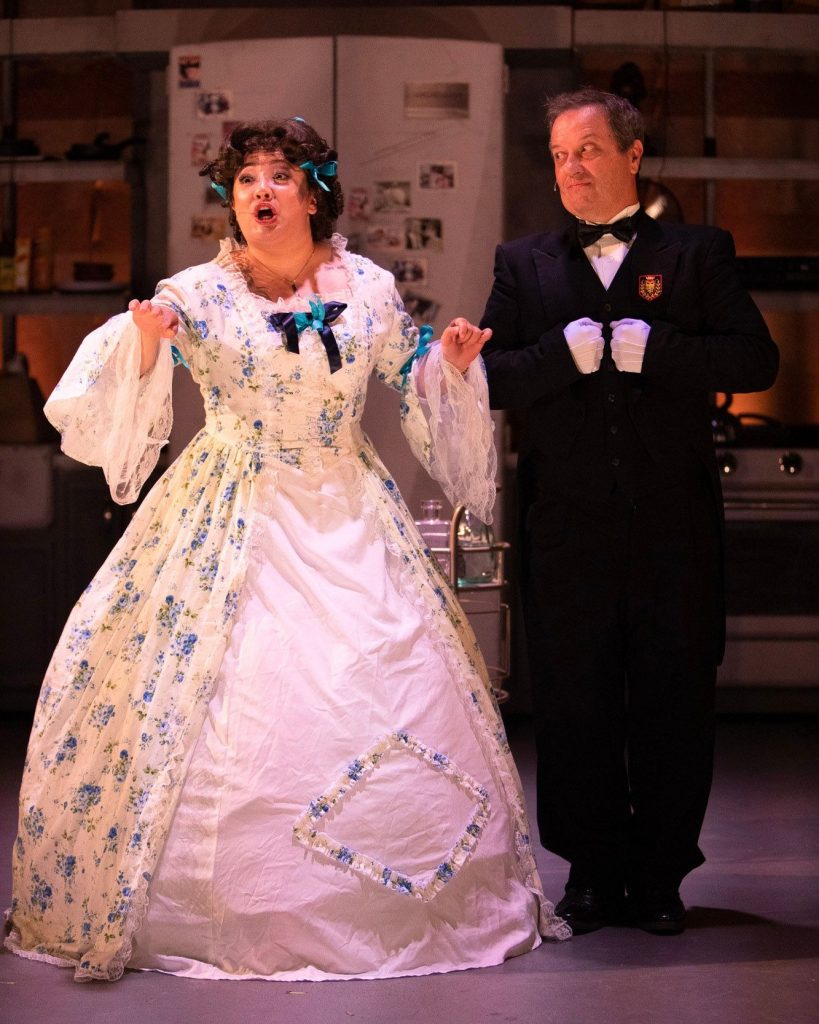

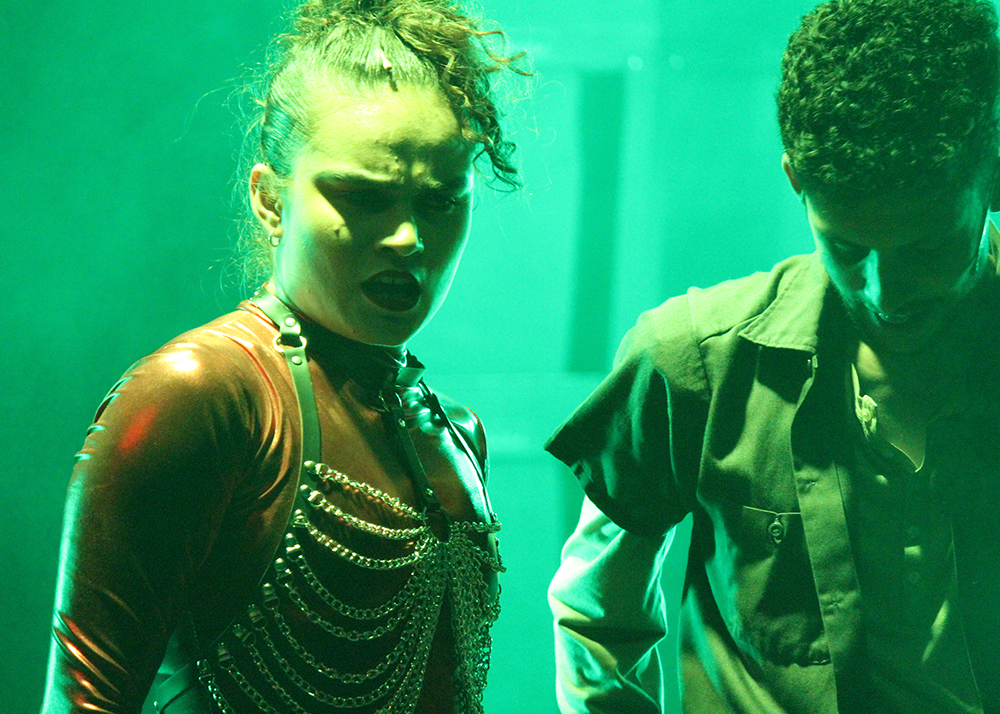
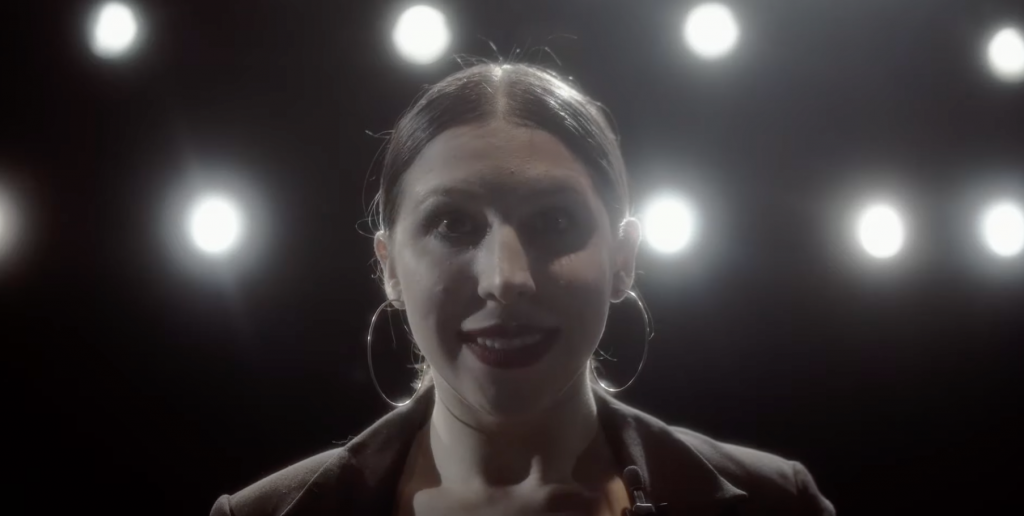
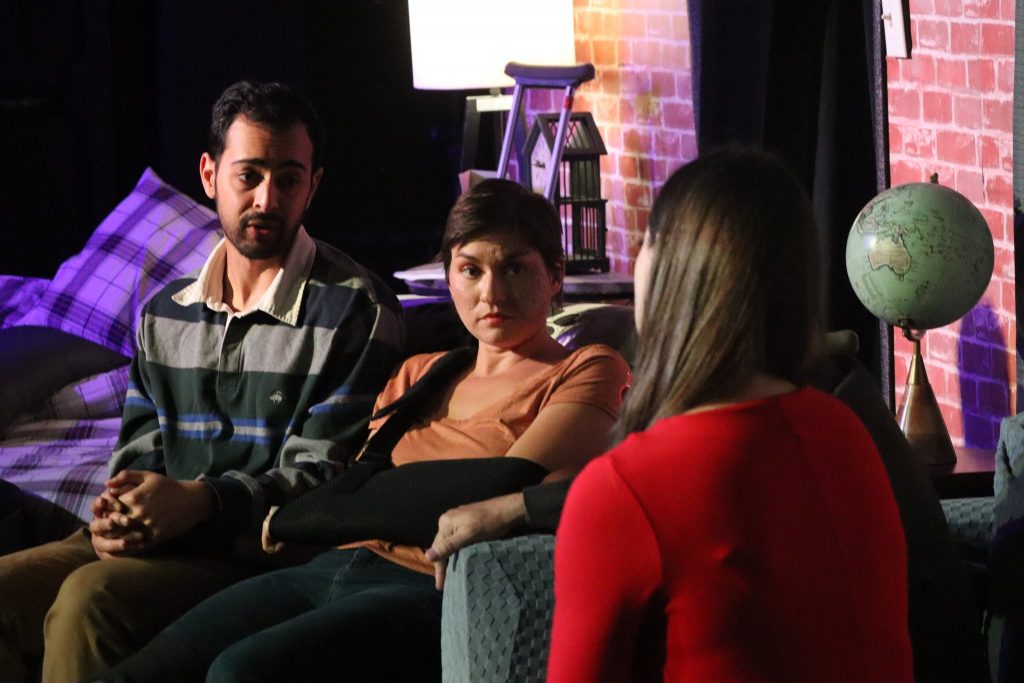
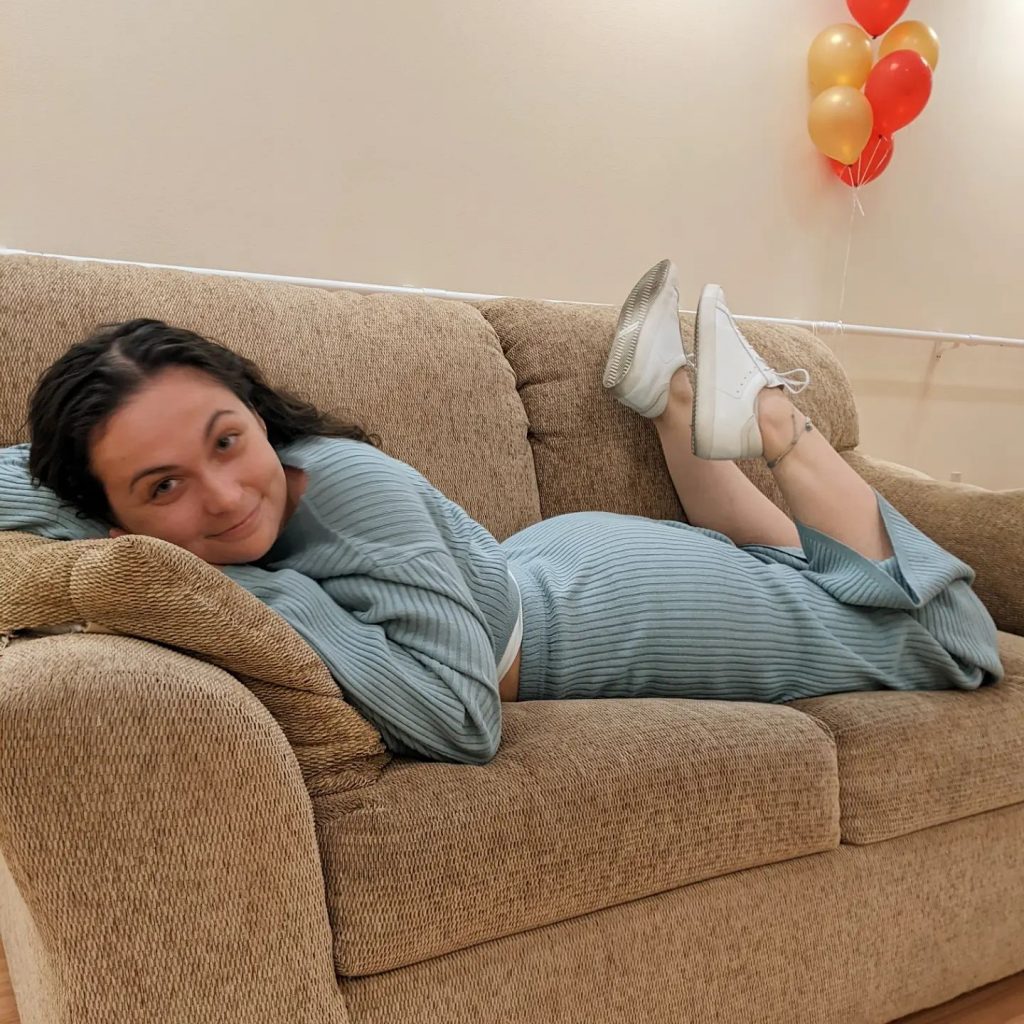
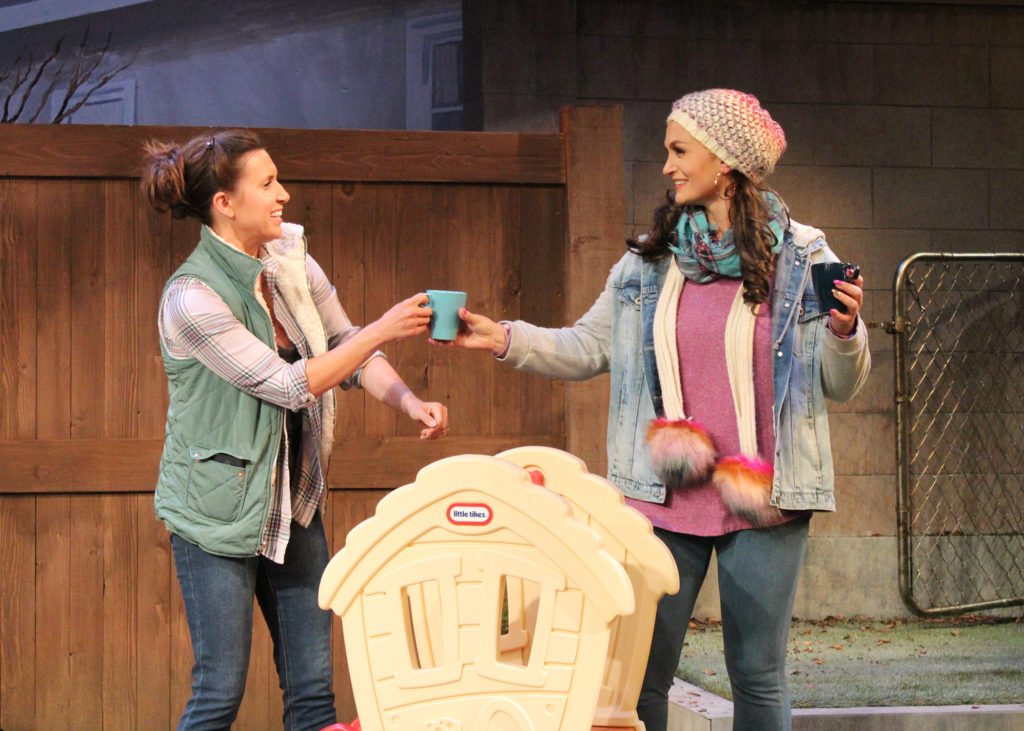
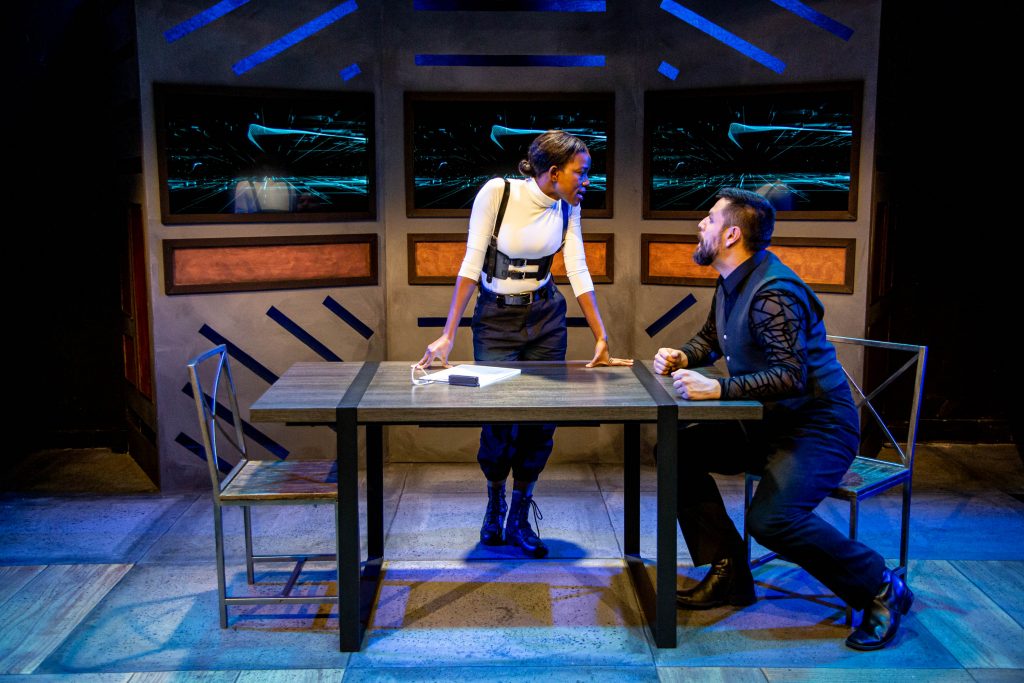
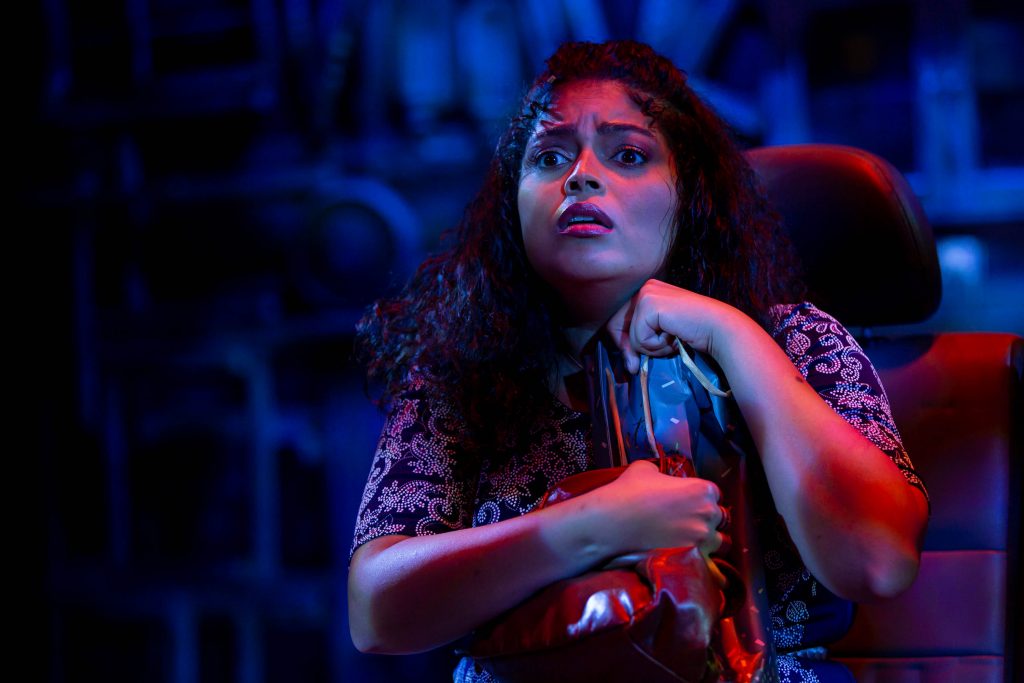
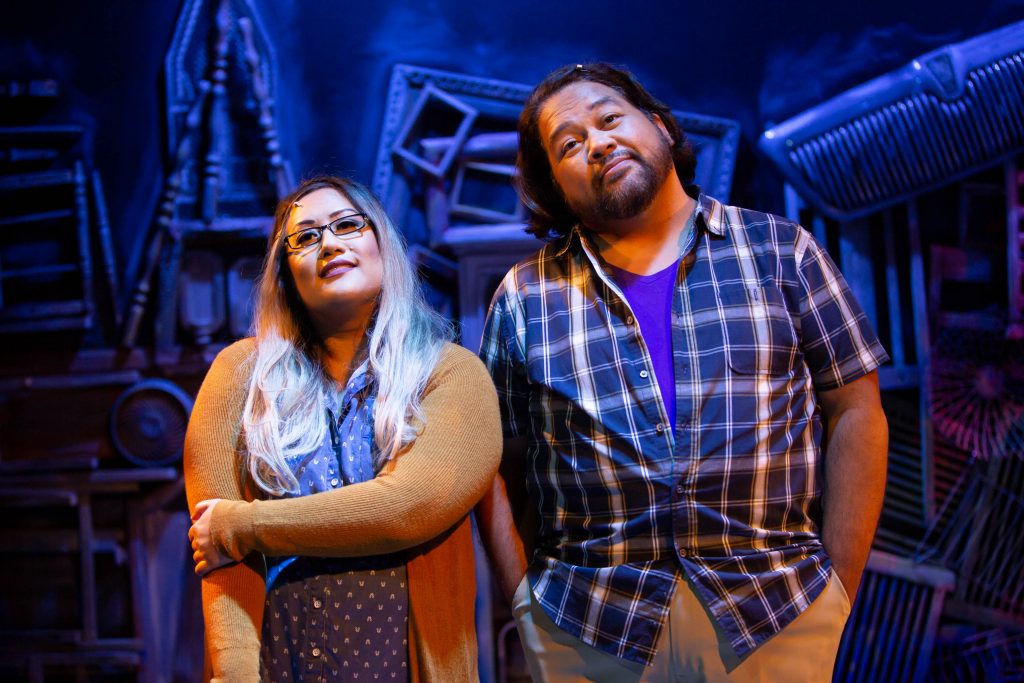
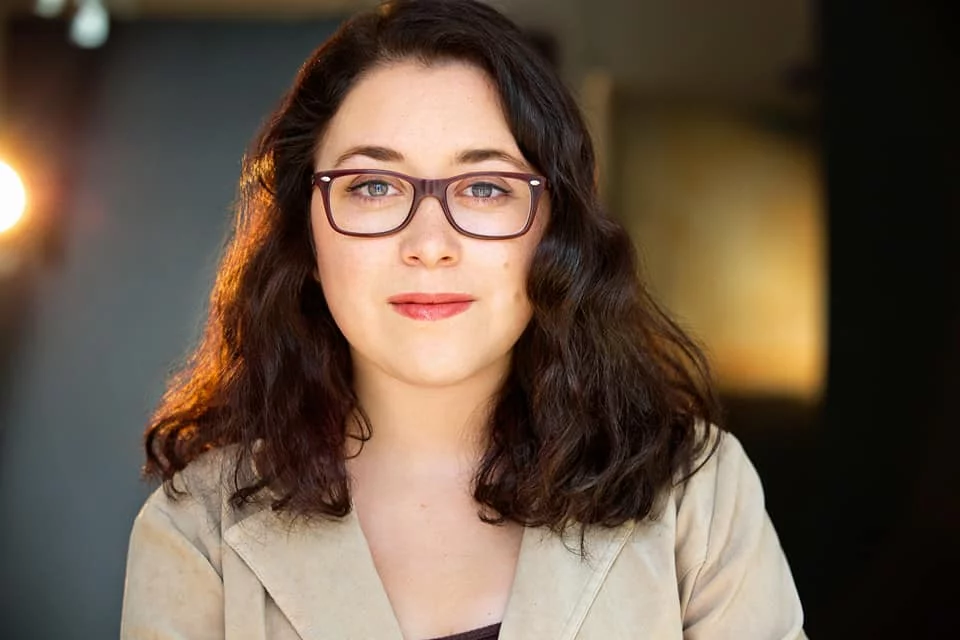
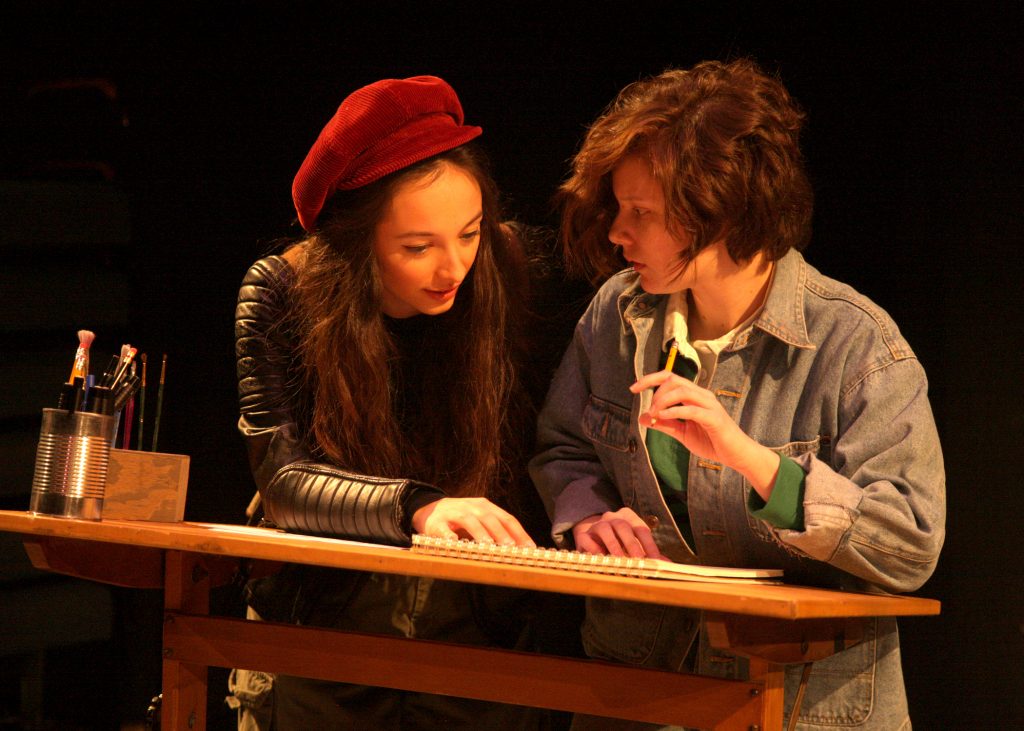
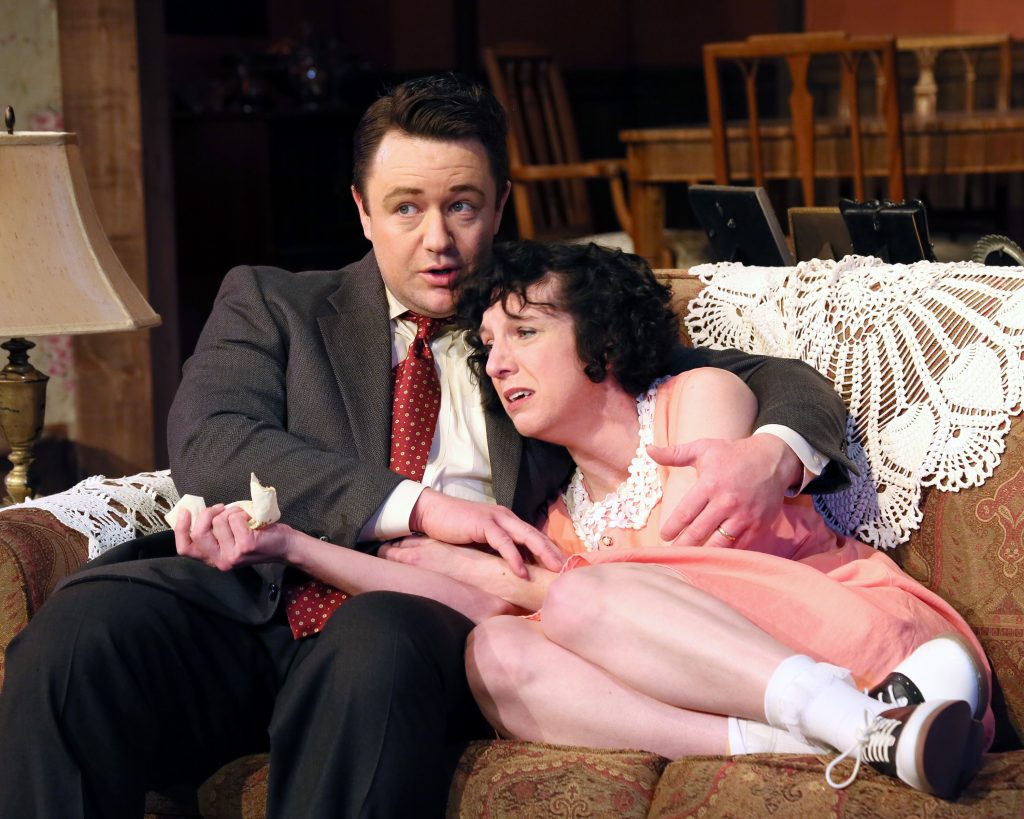
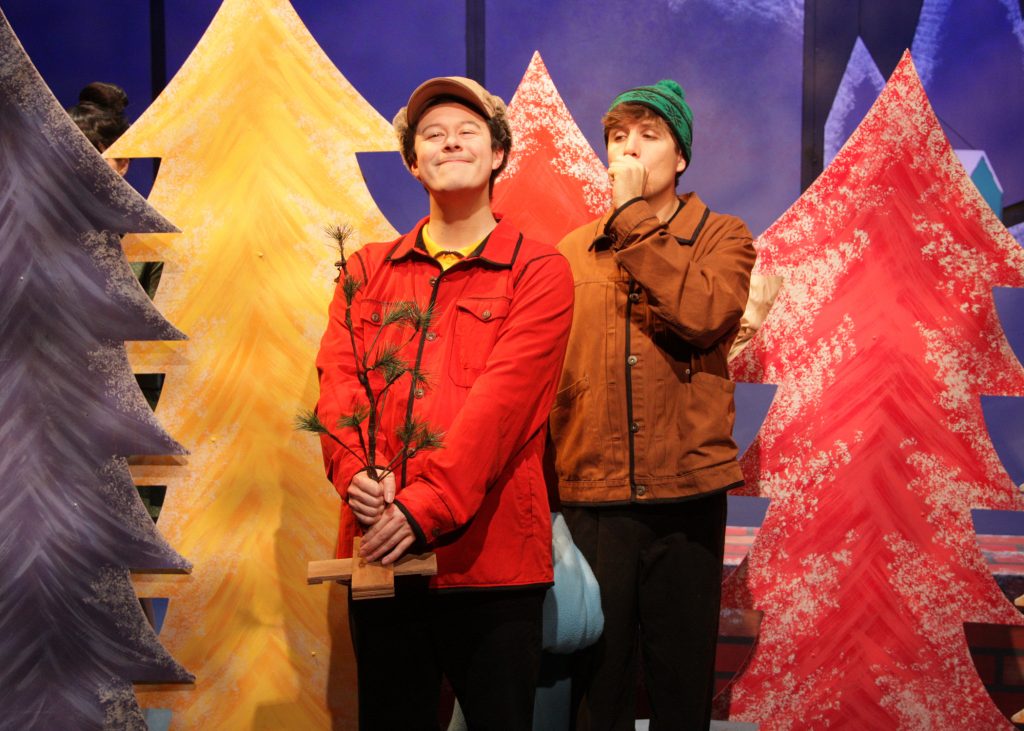
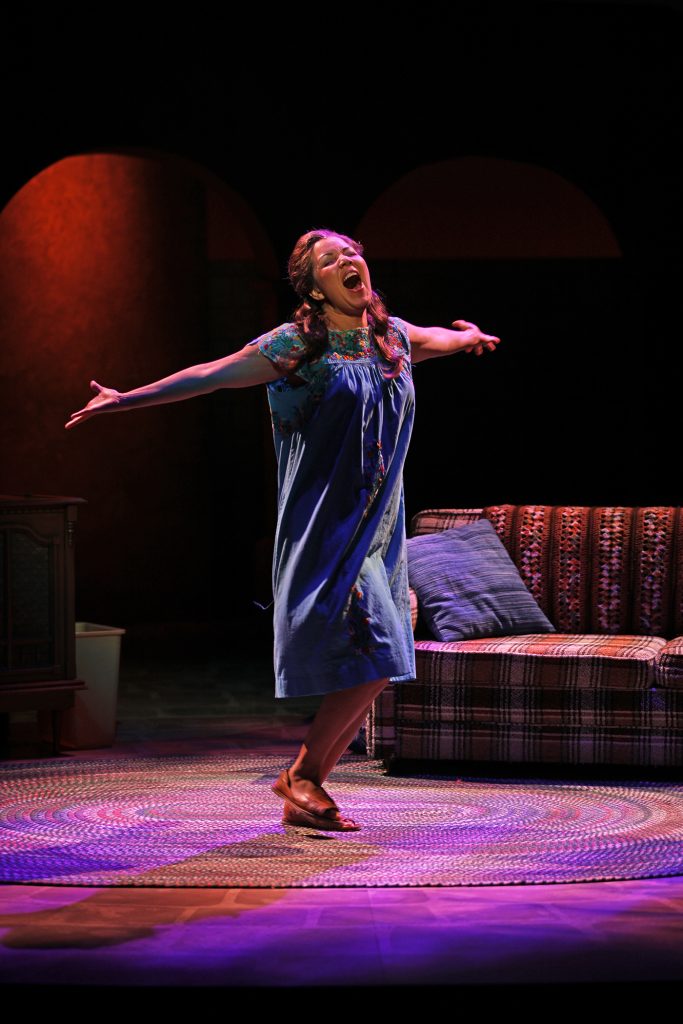
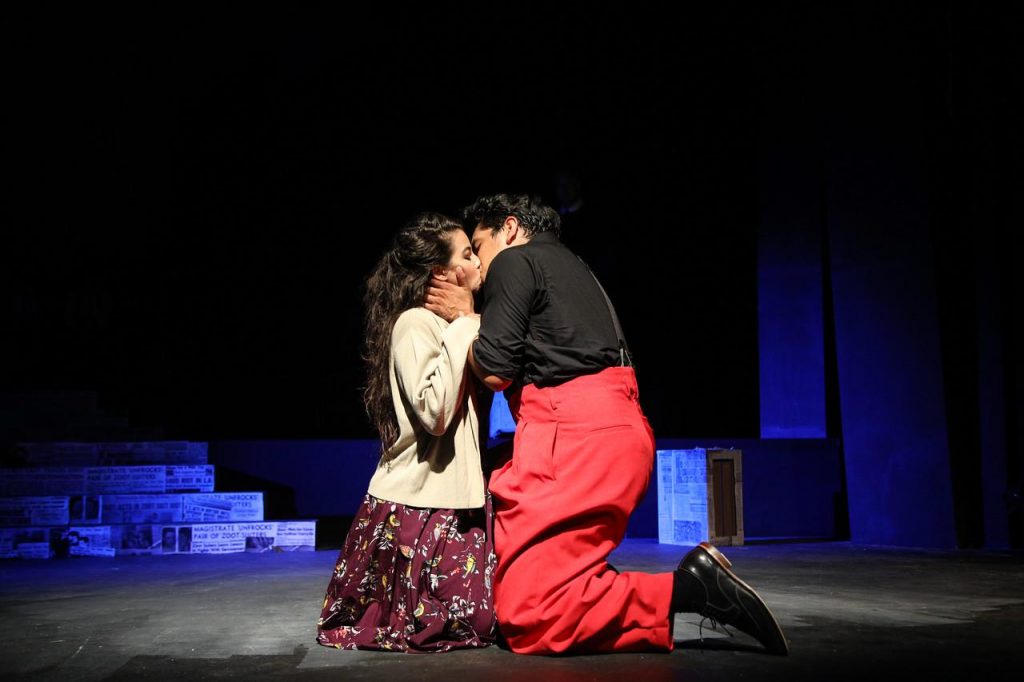
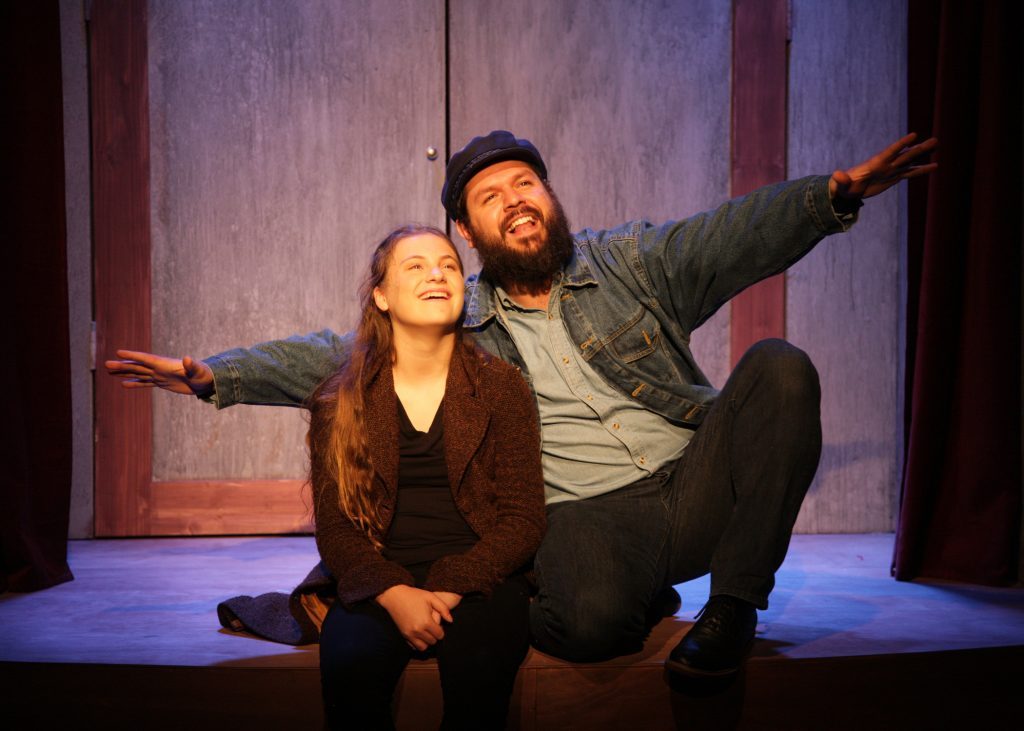
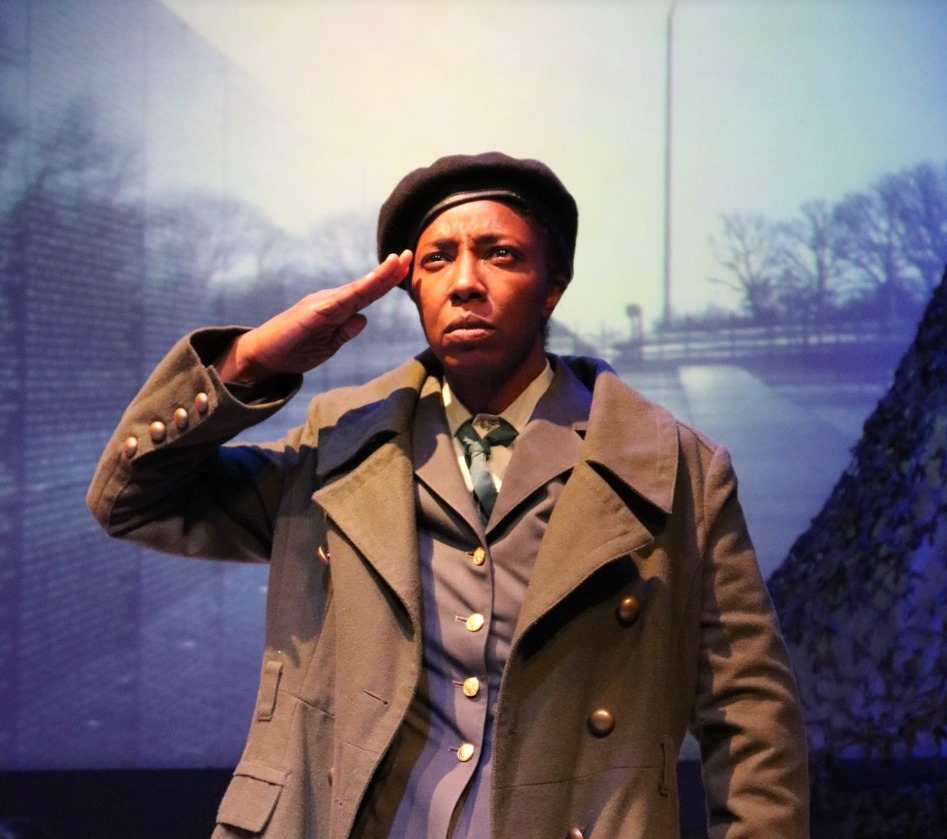
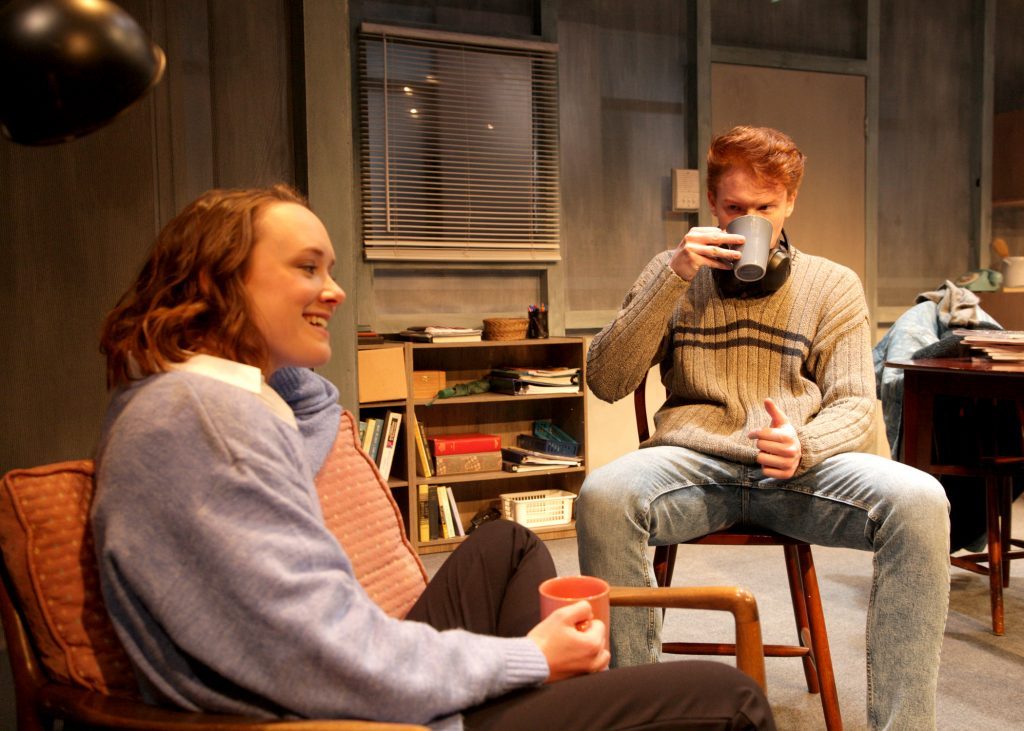
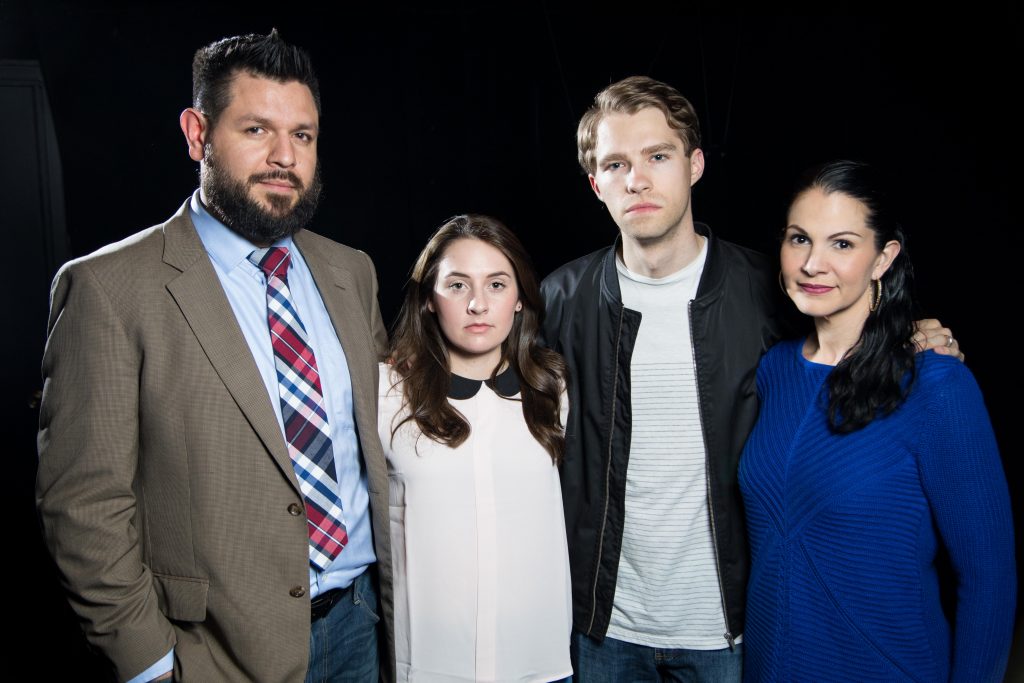
Thank you for the wonderful piece on Grace McLean by Zack Johnston!!